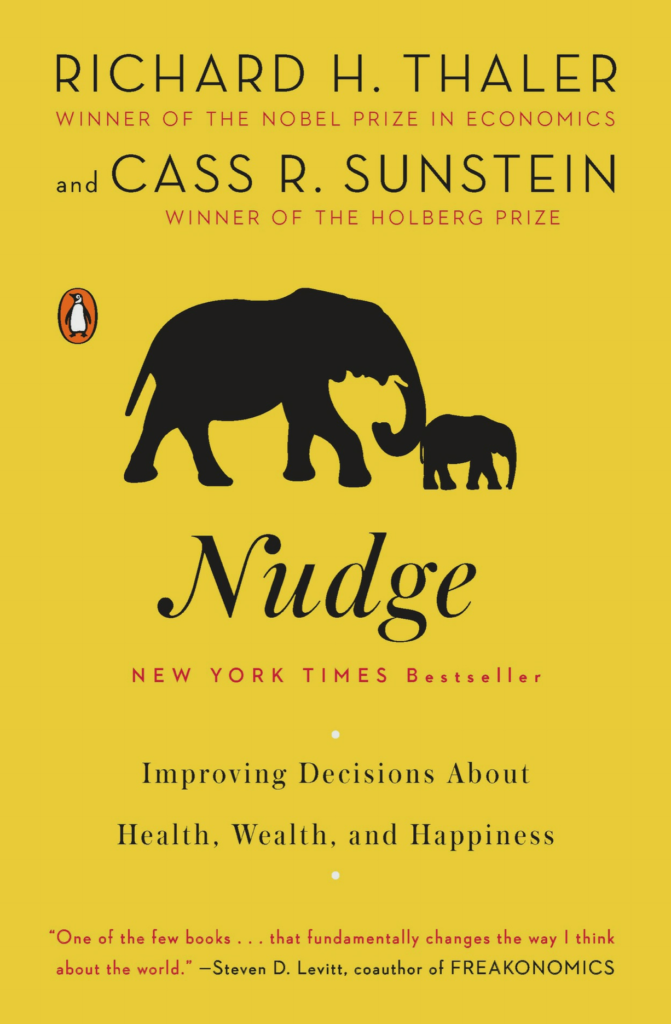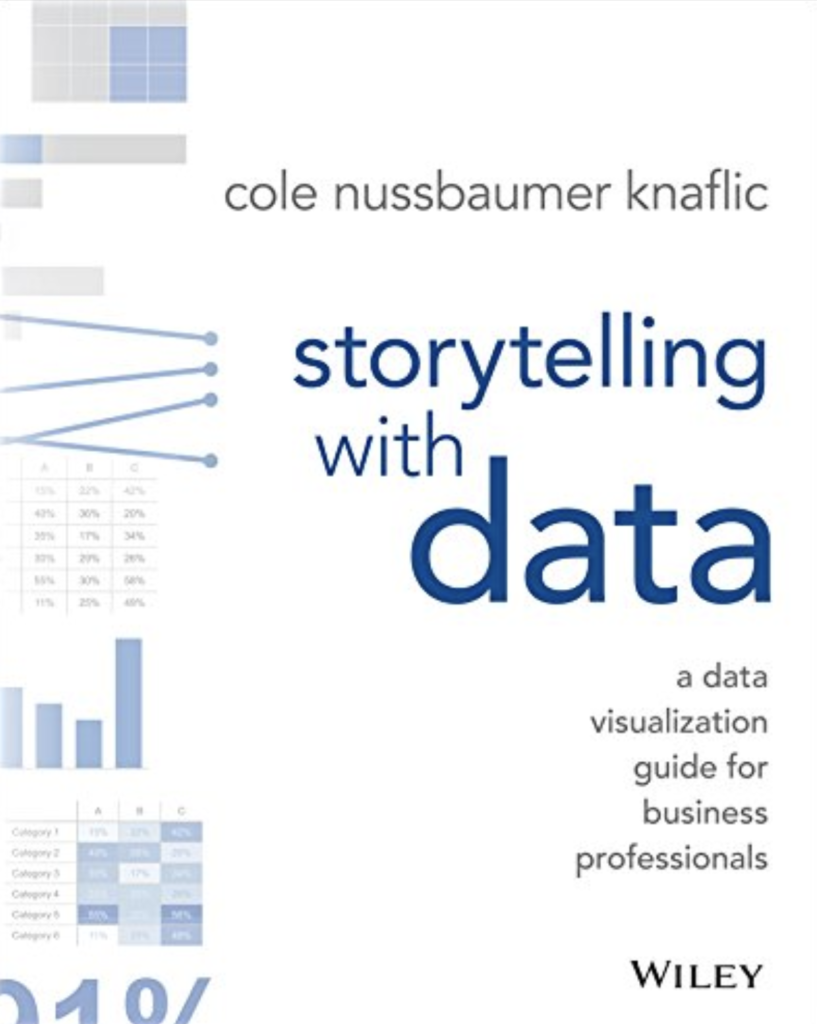Have you ever tried to set a new year resolution such as weight-losing but giving up in the end? Such things usually happen!
For example, on Saturday morning, people might say they prefer exercising to watching TV, but once the afternoon comes, they are on the couch watching Netflix. How can such behavior be understood?
The author of “Nudge”, Nobel behavioral economy award, introduced two factors, temptation and mindlessness choosing, to explain this phenomenon.
The term “temptation” is easier to recognize than to define. We call something tempting if we consume more of it. Mindlessness choosing can be explained in many situations when people put themselves into an “auto-pilot” mode, in which they are not actively paying attention to the task at hand.
We usually think we can decide for ourselves. In fact, many effects around us influence our behavior, and we even don’t know about them. That’s why most people will use some self-controlled strategies to overcome this kind of issues.
By reading “Nudge”, we could understand these effects and use what the writer called “nudge”, a small and subtle pushes, to make decisions between real-world choices and then improve our life.
While some of the anecdotes are funny, many of the writer’s proposals contain the America social and economic issues that will take a while to comprehend for a reader of a non-American.
Until you are fascinated by these scenarios the author is addressing, I would suggest others read related books that explore in a much more engaging way.

